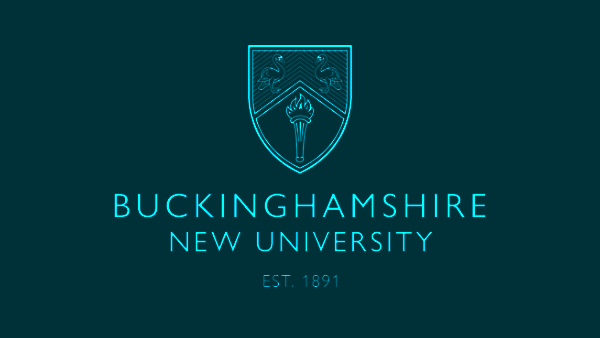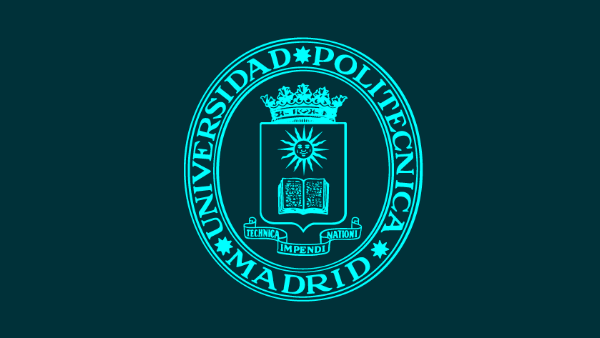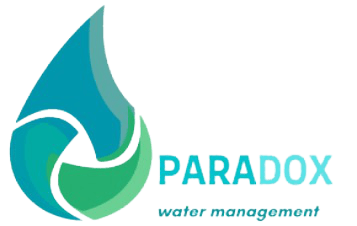This website uses cookies so that we can provide you with the best user experience possible. Cookie information is stored in your browser and performs functions such as recognising you when you return to our website and helping our team to understand which sections of the website you find most interesting and useful.
Results & Intellectual Outputs

IO1. PARADOX Methodological framework
Led by BUCKS
- Development: The leader BNU will draft a detailed planning document outlining detailed methodology, time planning, tools and tasks and requirements from all partners for the PARADOX Methodology framework. It will be a short doc with a detailed time and activity schedule in ENG. All tasks regarding the development of the framework will be distributed among the partners. BNU will gather then the developed inputs and will prepare the draft version of the Framework.
The draft version will be sent to all partners for comments. Each partner will present the provided methodology to their university experts to gather their professional opinion and comments as well.
- Delivery: Each partner will provide their feedback to BNU. The final Framework will be presented to partners and discussed during the 2nd project meeting. PARADOX Methodological framework will be developed in ENG only. The abstract will be available at the web site, while the full version will be available upon request.
Applied methodology:
Based on partners’ experience & expertise, results from the preliminary research & the comments of stakeholders, BNU with the support of all partners will develop the methodological framework for the entire training pack. It will be provided to all partners via email for revision. All feedback will be considered and BNU will develop the final version.
It will be presented and discussed (if needed) during the 2nd meeting.
The Framework will be developed as a separate document that will serve as a roadmap for the development of the training pack afterward.
The Framework will be developed only by ENG & will be uploaded on the Paradox website for all interested parties & stakeholders.
EVM will be in charge of ensuring the output is with the required quality.
No subcontracting is envisaged under this activity.

IO2. Training path, learning content structure and guidelines for trainers
Led by UPM
They will be designed in terms of the necessary areas of knowledge and the pedagogical methodologies optimized to fit the variety of job profiles and the industry, by providing a core training path, as well as training modules and their units in languages to address the specific needs of certain job profiles.
The consortium will define and establish the general directives of the master modules curriculum, such as systematic implementation, standards, requirements of students, guidelines for obtaining the corresponding degree, etc.
Special attention will be given to the challenges faced by different ECTS volume (credit range) in the consortium Partners (30 ECTS for Master modules programs in the UK, 10 for Portugal and Spain) and other EU countries (i.e.: 30 ECTS for Austria) and all considerations to be taken for the future accreditation of the Master modules according to the national accreditation bodies form the partnership and other relevant countries (Germany,France, Finland etc).
It will also contain a guideline to support trainers involved in the edition contents.
For preparing this output, three activities will be performed.

IO3. Learning platform
Led by EVM
- To obtain an e-learning platform
To define platform specifications. - Architectural adjustment of the platform.
- Customisation of the contents.
- Testing and improving the platform.
- To Use blockchain for certificates used for successful students.
- To release the pilot platform.
- The most important work will be executed while preparing functional and non-functional specifications (O3-A1). EVM will start preparing the guidelines (O3-A4) once specifications are elaborated and they will be completed at the early stages of the content integration (O3- A2) and the test release and training improvement. If needed, O3-A4 will be extended.

IO4. Modules material
Led by BUCKS
Initially, the consortium has been structured the master degree around ten main pillars:
On one side, the modules for training in specific skills in Environmental Security and, on the other hand, the consortium has identified modules for providing “New Skills”.
The high level description of the units including their contents and form of delivery will have been previously decided in O2. O4 will focus on the development of the learning, teaching and training materials. Each partner will be responsible for developing the units closest to its expertise.
Depending on the needs and contents, different types of materials will be developed: slides, hands-on training sessions, bibliographic material, test Each of the training modules will have their respectively associated material for e-learning, face-to-face or hands-on sessions that, depending on the needs and contents, different types of materials will be developed: slides, hands-on training sessions, bibliographic material, tests, etc.

